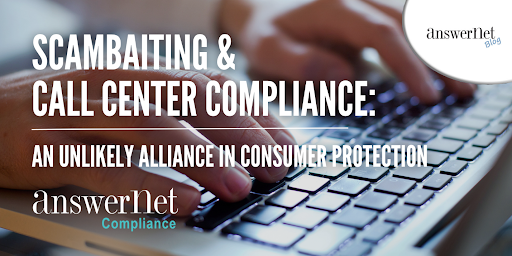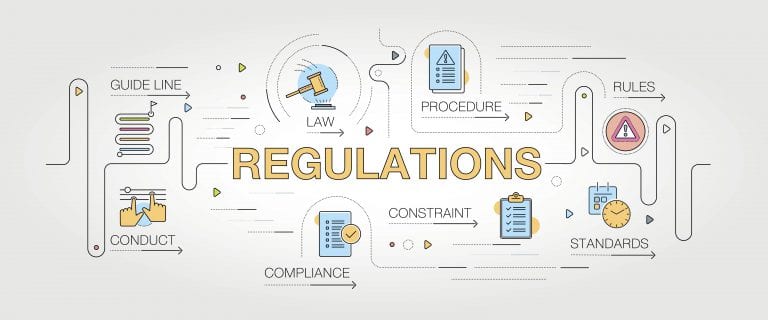As your company grows, you want to ensure that your customers and clients get excellent customer service. The challenge is that you don’t have the means or bodies to create your in-house customer service team. Perhaps you’re considering an outsourced solution as an option but don’t know the difference between a contact center vs. call center.
Today, I’ll answer the contact center vs. call center question, so as you research outsourcing solutions, you’ll have a foundation to help determine the best fit for your company.
Contact Center vs. Call Center Explained
At its core, a call center is just that—a place that services inbound and outbound calls from customers. Traditionally, a call center agent are customer service representatives who handle customer inquires and other customer related functions. The call center is one component of a contact center.
A contact center is where agents support, communicate, and engage with customers clients in various channels like web, chat, email, social media, etc. Contact centers are designed around the understanding that customers expect fast responses and personalized interactions from the channel of their choice. This scenario is often referred to as omnichannel.
It’s also worth mentioning that the terms call center, contact center, business process outsourcing (BPO), and omnichannel are often used interchangeably these days.
Contact Center vs. Call Center: It’s About the Needs
Determining your company’s needs and objectives will help narrow down which type of center you should choose.
Here are some common scenarios to help with your selection:
1. My company mainly needs more support to answer inbound calls. Choose a call center.
If your company doesn’t offer chat/email or want your internal team to handle the communication, it’s unnecessary to have an outsourced team specializing in omnichannel.
Think of it this way; a call center offers a more traditional customer service experience. Therefore, there isn’t a need for hiring customer service representatives (CSR) to manage multiple communication mediums. Additionally, there are fewer expenses such as IT support, advanced analytics, and additional compliance training.
2. My company wants customers to choose their preferred communication medium. Choose a contact center.
Working with a contact center vs. call center allows you to provide options. We know that consumers like options! Because contact centers handle calls, chat, and email services, giving customers choices for contacting your company.
3. My company currently has separate departments that handle each customer interaction. For instance, billing has different customer service support than the orders department. It depends.
A call center is sufficient for companies that want that personal touch through voice. However, there may be extra costs for departments that need special training for phone agents to execute their department tasks (think billing departments, bilingual lines, or any compliance training needed for health-based companies.)
For companies that want their customers to reach them via multiple channels, you would need to consider the aspects of training agents in different areas of compliance and specialty training and how to meet those industry standards when corresponding through chat and email.
4. Which is better for a company that wants customers to have access to information 24/7? Choose a contact center
A contact center would be the better choice for companies that provide customer communication options any time, any day, day, or night. The contact center can be automated for voicemail, chat, and email and have agents handle live communication for all hours of the day.
A traditional call center environment would handle the calls, but would not support any other communication.
5. Would I choose a contact center vs. call center to support outbound and inbound calls by agents? It depends.
A call center would have live agents taking and making calls, which get better responses than any automated correspondence.
Companies that need to send general reminders, follow-up correspondence to marketing, or mailers would do better with a contact center equipped to handle all forms of communication. This type of service is also referred to as Business Process Outsourcing (BPO).
When it comes to a contact center vs. call center, their purposes are to help companies handle customer communications.
Remember that you know your company best. My advice is to schedule meetings with call centers and contact centers, and see which ones meet your requirements. They all offer what you are looking for but are not the same. So now it’s your turn to decide what best meets your needs.
Claire Coffman is the corporate trainer for Quality Contact Solutions. After teaching for 15 years, Claire decided to take her love of sharing knowledge to the corporate world to help improve customer relations. Claire enjoys a good challenge, is highly competitive, especially against herself, and constantly strives to be better than the day before. Claire can be reached at claire.coffman@qualitycontactsolutions.com or at 516-656-4103.









